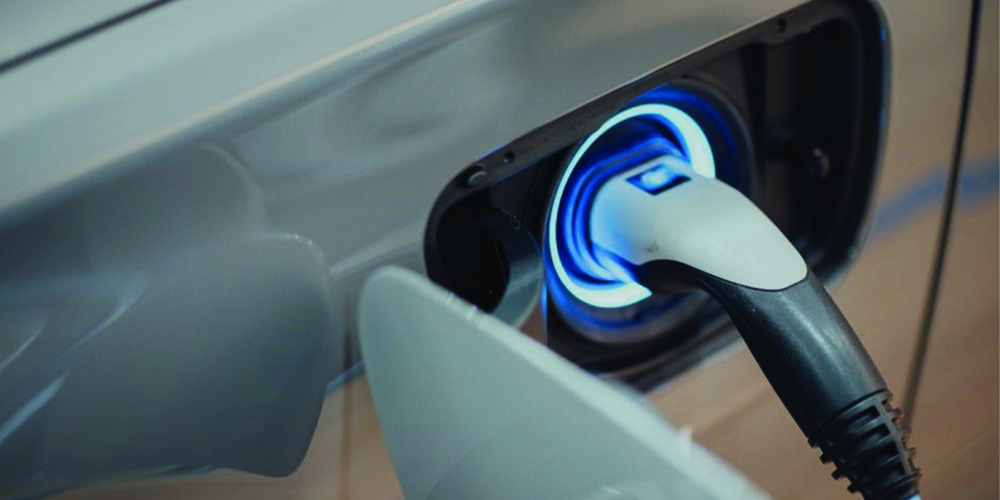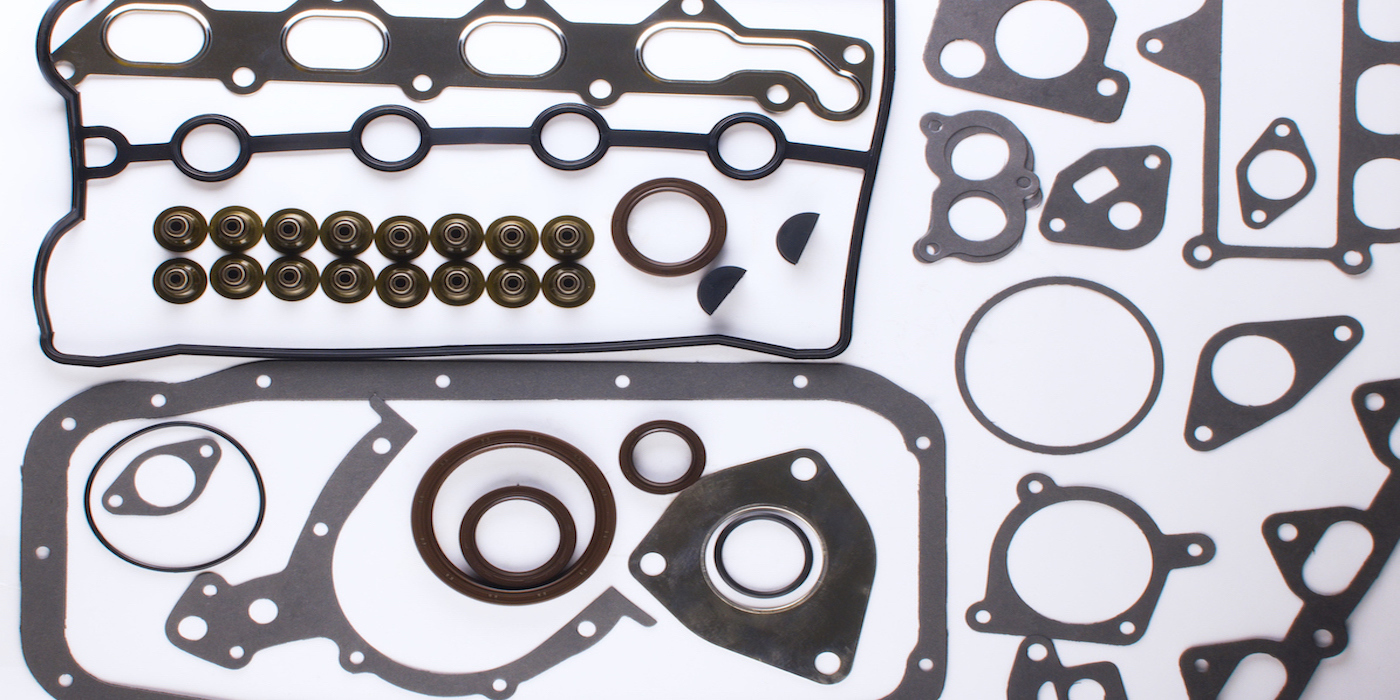Today’s soaring gas prices should be reason enough to encourage your customers to take better care of their vehicles, but maybe they don’t understand the link between preventive maintenance and fuel economy.
That’s where your role as their vehicle service provider comes into play. It’s your prime opportunity to educate them on the benefits of proper vehicle maintenance, which will not only save them money at the pump, but will also help protect and preserve their investment for the long haul. So, where do you begin? The Car Care Council offers these fuel-efficiency checks for which there are documented gas-saving benefits:
Vehicle gas caps – Gas caps that are either damaged, loose or missing altogether (which is the case for about 17% of the vehicles on the road today) cause 147 million gallons of gas to vaporize every year.
Underinflated tires – This condition, when combined with incorrect wheel alignment, can increase rolling resistance, which is like driving with the parking brake not fully released. More importantly, it can cost your customers a mile or two per gallon. Proper tire inflation will not only boost fuel economy, but will also increase safety, tire life and vehicle handling.
Worn spark plugs – A dirty or worn spark plug can cause misfiring, which wastes fuel.
Dirty air filters – A clogged air filter chokes off air and creates a “rich” mixture that wastes gas and causes the engine to lose power. Replacing a dirty filter can improve gas mileage by up to 10%, saving about 15 cents a gallon.
While your customers rely on you to keep their vehicle in top-running condition, there are things they can do to save fuel. Take some time to educate them on these fuel-saving driving tips.
Observe the speed limit – Gas mileage decreases rapidly at speeds above 60 mph (each mph driven over 60 results in an additional 10 cents per gallon). Cruise control is recommended to maintain a consistent highway speed.
Avoid short trips – Combining errands into one trip saves time and gas. Several short trips from a cold start can use twice as much fuel.
Don’t be an aggressive driver – Aggressive driving wastes gas, lowering gas mileage by up to 33% on the highway and 5% on city streets.
Unload the trunk – An extra 100 lbs. of unnecessary items can cut fuel efficiency by 1 or 2%. As you can see, little things mean a lot in terms of keeping your customers’ vehicles running at peak efficiency and saving them money at the pump. You need to impress upon them that “common sense equals dollars and cents.” And, which of your customers doesn’t want to save money?













